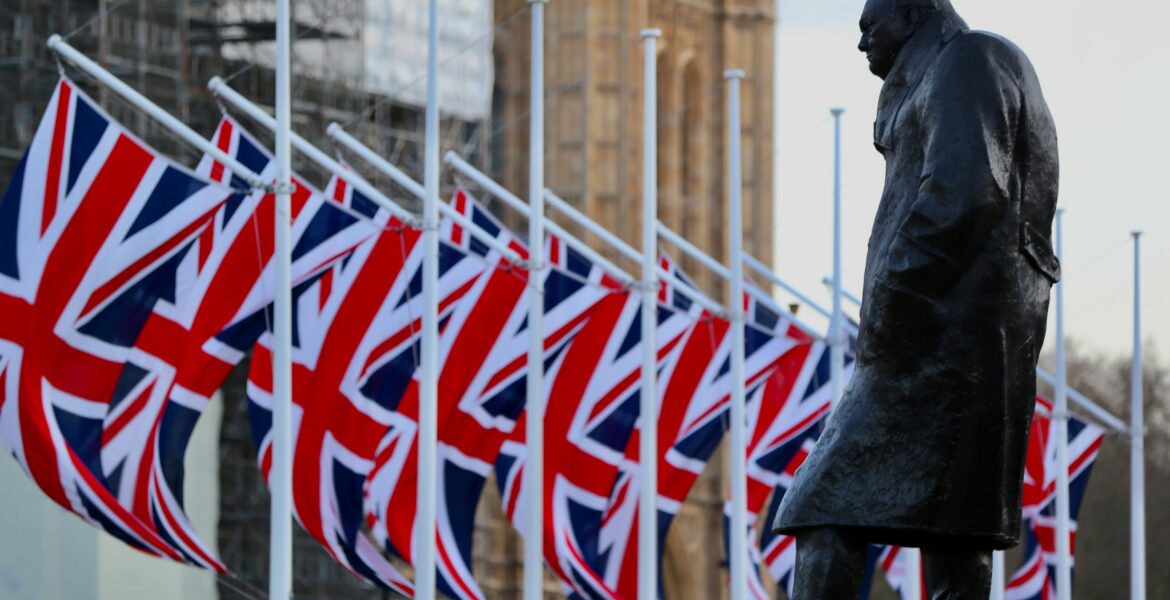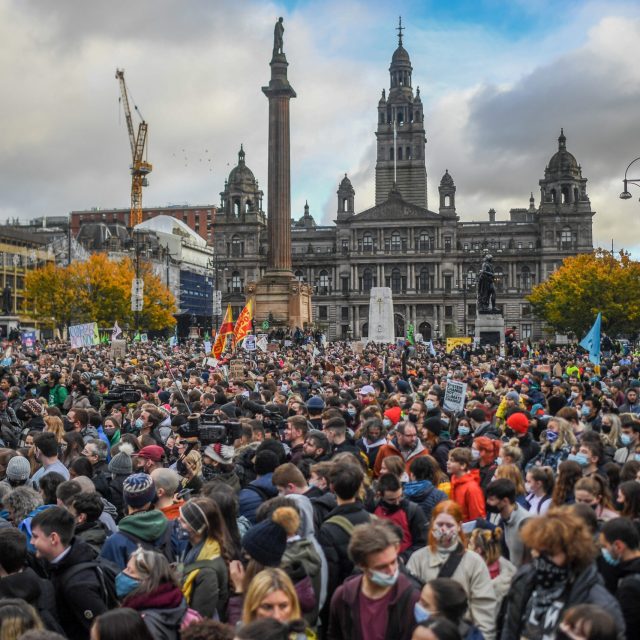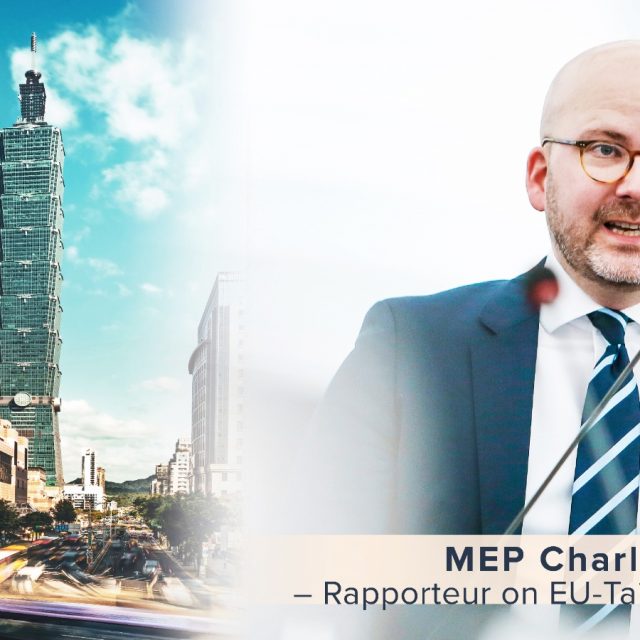Photo by Kristina Gadeikyte on Unsplash
The leader of the Socialist group in the EU parliament has heralded Labour’s stunning victory in the UK general election.
Sir Keir Starmer is the new UK Prime Minister after sweeping away a 14-year era of Conservative rule and leading the Labour Party to a massive landslide victory in Britain’s general election.
British voters rejected the Conservatives by a historic margin, and Starmer, whose party won a huge 412 seats, will be a very powerful prime minister.
On Friday, Spanish MEP Iratxe García, who leads the Socialist group, said, “What a way to start this new mandate for the European Parliament.”
“Our Labour comrades in the UK have secured a stunning victory in yesterday’s elections. Here’s our president congratulating them, and the party’s leadership for the result.”
“The British people have spoken loud and clear and they want change after 14 years of irresponsible Tory chaos.
“Now it is time to turn the page, rebuild and invest in the future. Good luck to the Labour government,” said the MEP, who heads the Group of the Progressive Alliance of Socialists & Democrats in the European Parliament.
Labour will quickly find itself in the thick of global affairs, with a NATO Summit next week and – crucially – the opportunity to host the fourth summit of the European Political Community (EPC) in London in mid-July.
Starmer will be the envy of many of his embattled European counterparts and will, according to some, seek to use the opportunity to set a new tone of rapprochement with Europe.
European leaders, especially those in the EU and accession countries, will likely look out for what Labour’s investment might be. Further support for Ukraine, including commitments to support its reconstruction, as well as cooperation on energy security and migration are the policies to look out for.
Jake Benford, Senior Project Manager at the Programm Europas Zukunft adds, “But if Labour’s careful re-orientation towards Europe is to produce tangible outcomes, it will take two to tango.”
“The EU has had no discernible political position on its relations with the UK since the Brexit negotiations were concluded in 2020, but its agenda arguably dictates reaching out to its former member.”
“With the Commission and key member states intent on shaping a new European security order, key strategies are to enhance economic security, move forward with EU enlargement and engage with wider Europe in a more strategic way as it searches for like-minded partners.”
“This will require new levels of pragmatism, flexibility and policy coherence on the part of the EU, and engagement with the UK, a like-minded ally by any standards, will quickly emerge as a test case in its bid to be a more coherent geopolitical actor.”
“A starting point towards resetting EU-UK relations, as we set out in more detail here, would be for both sides to quickly define shared strategic priorities and strengthen the institutional backbone of cooperation (for instance by instituting EU-UK summits).”
“Foreign policy and security cooperation should also be improved via specially designated working groups. Gradually deepening and expanding trade and investment relations should occur in a parallel process, commensurate with new levels of trust and confidence.”
He adds, “The future of the Conservative Party, meanwhile, is wide-open, with the populist but ideologically empty Reform party gaining a remarkable 15 percent of the vote, largely from protest voters who are furious with the Conservatives.
“This is without doubt a reminder of the volatile political climate of this decade. Reform’s leader, Nigel Farage, is a manipulative political operator. Having been elected to parliament he now finds himself with a new political stage, suggesting populism in the UK may not be quite as dead as some might hope.”




